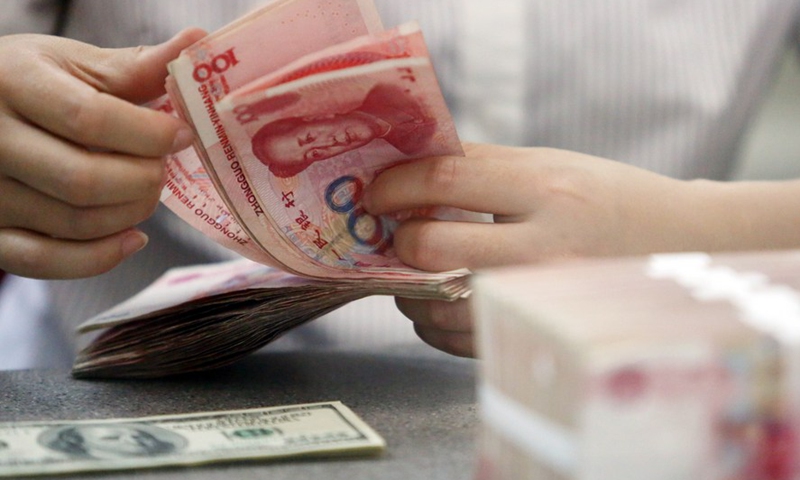Hong Kong to offer more yuan products to support its internationalization: Financial Secretary

Hong Kong will create better environment for expanding yuan usage, offering more yuan products and risk management tools to enable international investors to use yuan for trade and investment, Hong Kong Financial Secretary Paul Chan Mo-po said on Thursday.
Chan made the remarks at the Bund Summit, jointly organized by China Finance 40 Forum and China Center for International Economic Exchanges in Shanghai.
Hong Kong will also continue to support the central, provincial, and municipal authorities of the Chinese mainland to issue the yuan-denominated bonds in Hong Kong, Chan said.
He said mBridge - a platform jointly developed by the People's Bank of China, the Hong Kong Monetary Authority, and other central banks to facilitate faster cross-border settlements using the respective currencies - has reached its minimum viable product stage and begun serving corporate transactions in June.
Over the long-term, the project will lower trade transaction costs and facilitate multilateral capital flows, while supporting the internationalization of the yuan, Chan noted.
The Chinese yuan retained its place as the 4th most active currency for global payments by value in July for the ninth straight month, with its share rising to 4.74 percent, according to data provided by SWIFT. This marks steady internationalization of the currency amid the country's resilient economic growth and firm commitment to reform and opening-up.
As an international financial center, Hong Kong can play a unique and vital role in advancing the high-level opening-up of the Chinese mainland's financial sector, Chan said.
He said that Hong Kong is the preferred conduit to access the Chinese mainland's financial market.
"On the back of the One Country, Two Systems framework, we practice common law, with a highly regarded rule of law culture, and ensure the free flow of capital, talent, and information," Chan said.
International financial institutions maintain a strong presence in Hong Kong, with over 70 of the world's top 100 banks, and 7 out of the top 10 global insurance companies now operating in the city, data showed.
For the past four decades, Hong Kong has acted as a "testing ground" for the mainland's financial market reform and opening-up, beginning with the introduction of H-shares for mainland-based enterprises on the Hong Kong Stock Exchange in the 1990s, Chan said.
With the staunch support of the central government, the "Connect Schemes" between the mainland and Hong Kong are expanding. In April this year, the China Securities Regulatory Commission announced further measures to enhance the system's scope and depth, one of which is the inclusion of the yuan counter in the Stock Connect.